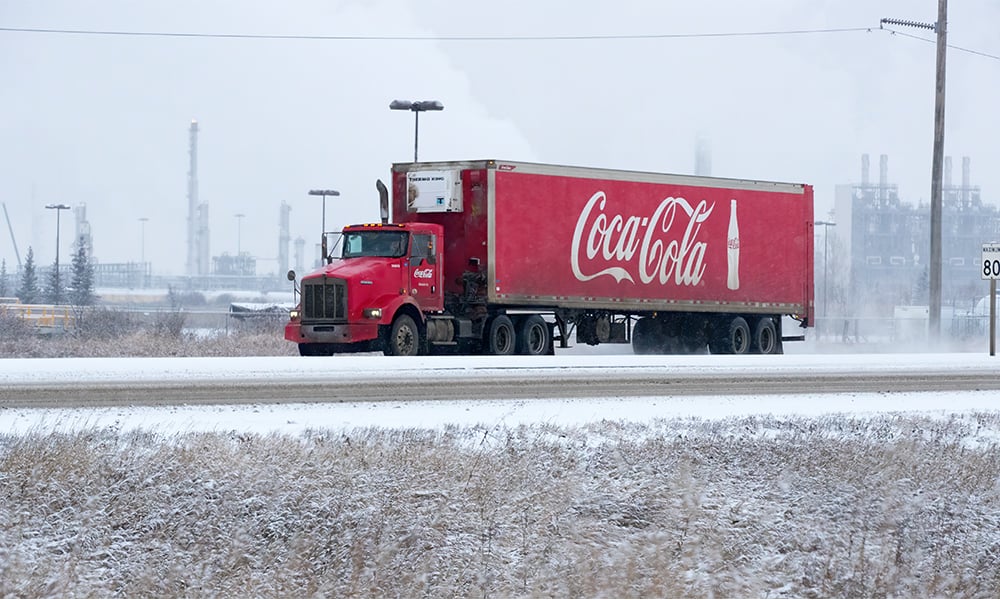Legal departments adapt as crisis strains supply chains and manufacturing operations

As the COVID-19 pandemic continues to cripple the economy, travel restrictions, business closures and a shifting consumer demand for essential goods are putting a strain on manufacturing facilities and supply chains. Some suppliers have been mandated to cease production, while border closures mean that many manufacturers are unable to obtain essential parts and products.
As part of Canada’s essential food and beverage industry, Coca-Cola Canada Bottling Ltd has not seen an impact to supply chain or production capacity but new health and safety protocols for the company’s 6,000 employees have changed the way the business operates and how deliveries are handled.
“The procedures we have implemented to improve the safety of our employees and the employees of our supply chain partners have resulted in slightly different practices,” says Gennady Ferenbok, vice president, general counsel and secretary at Coca-Cola Canada Bottling, an independently owned company that has a contract with Coca-Cola to manufacture, bottle, distribute and sell Coke products across Canada.
Employees that cannot work remotely are maintaining social distancing recommendations. Additional cleaning and disinfecting measures have been implemented in all warehouses, offices and manufacturing facilities.
Truck drivers arriving at production sites are required to complete a questionnaire, and high-risk individuals are not permitted to enter the facility. Drivers entering the facility are asked to remain in the truck instead of helping to load or unload products. Social distancing measures have been implemented so that delivery drivers are no longer asked to sign documents. Instead, orders are accepted electronically, Ferenbok says.
“We rely primarily on guidance from Canada’s public health agencies and we’re in close contact with other bottlers from North America and around the world to implement best practices,” says Ferenbok.
During a recent webinar, Kellie Johnston, of counsel at Norton Rose Fulbright Canada LLP discussed supply chain vulnerability and the importance of resilience for legal departments dealing with supply chain disruptions.
“Businesses need to think about how best to respond to supply chain disruptions and uncertainty and balance their legal rights with what is in their best interest commercially,” says Johnston. “What companies do now will play a significant role in building resilience and compliance into supply chains and mitigating risk now and into the future.” Conducting a thorough supply-chain risk assessment and prioritising critical areas of focus are essential for legal departments, Johnston says. Calling suppliers and service providers to discuss changing demands and inventory levels is advised and can lead to creative business solutions.
Ferenbok says Coca-Cola Canada Bottling’s legal team has also adjusted to the new climate of social distancing with all team members now working remotely and having regular team meetings through Microsoft Teams. Ferenbok plays a crucial role in the COVID-19 incident management team which aims to ensure the company is prepared to respond efficiently to the many issues being faced as a result of the crisis.
“Our company and the legal department have been preparing for the pandemic earnestly since January,” says Ferenbok. “Although we didn’t anticipate how quickly things would progress and change in March, our preparation helped us a lot. Making sure we stay resilient and emerge safely is our top priority.”










